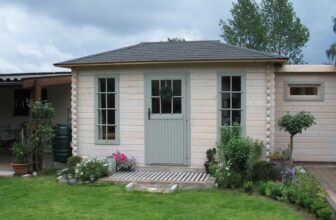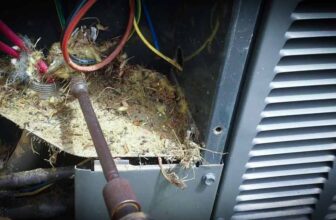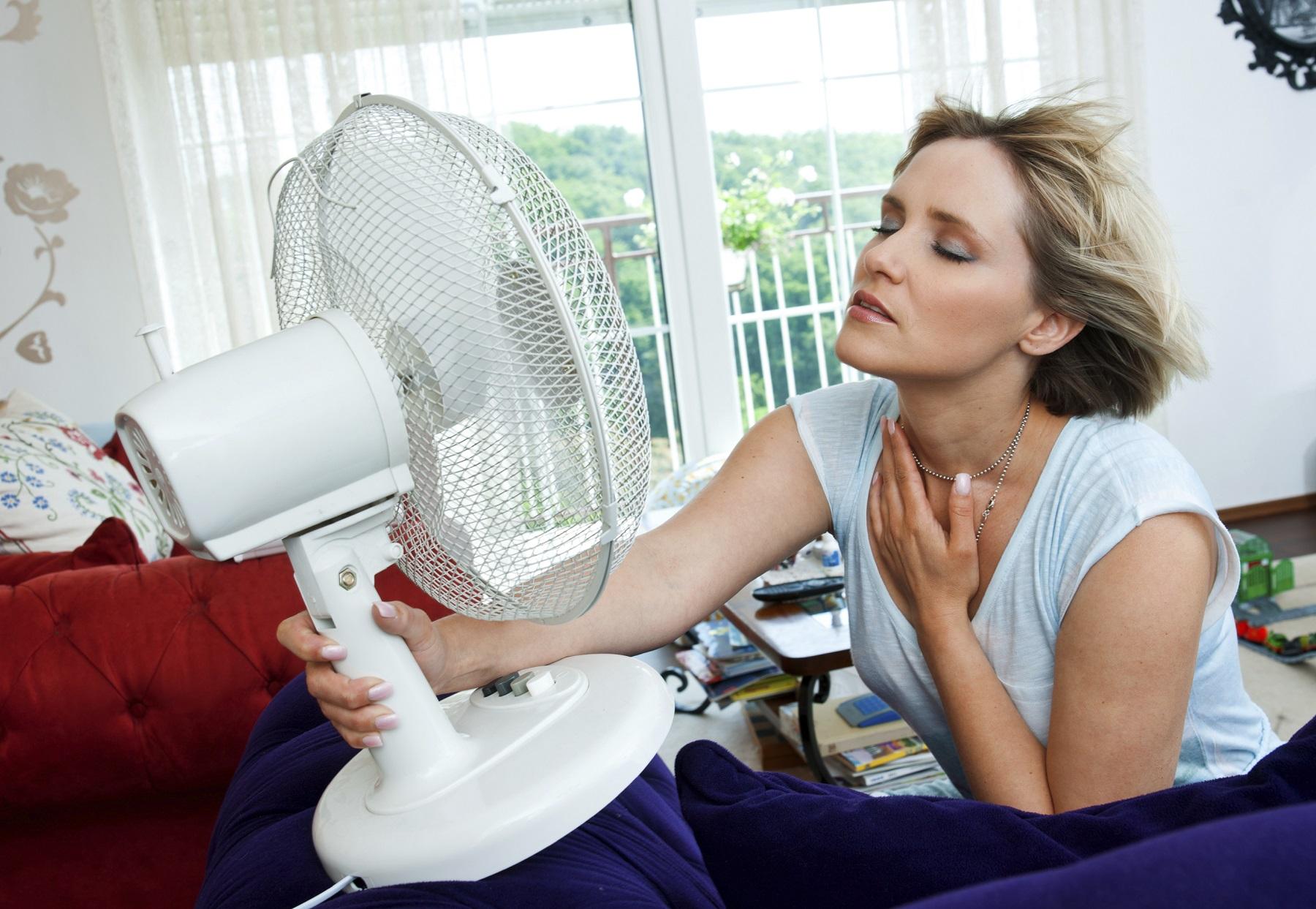
Wondering why your room is too hot? This problem often occurs when temperatures are out of sync with settings. Many people experience temperature inconsistencies that leave one room or several rooms warmer than others.
There are several reasons why your room is too hot. An unbalanced air conditioning system or poor home insulation could cause uneven temperatures in your home. Use quality tiles like the ones found at tileclub.com, proper ventilation, and air filtering to avoid these problems.
Here we found some of the primary reasons why your room is too hot.
Table of Contents
1. Ductwork Problems
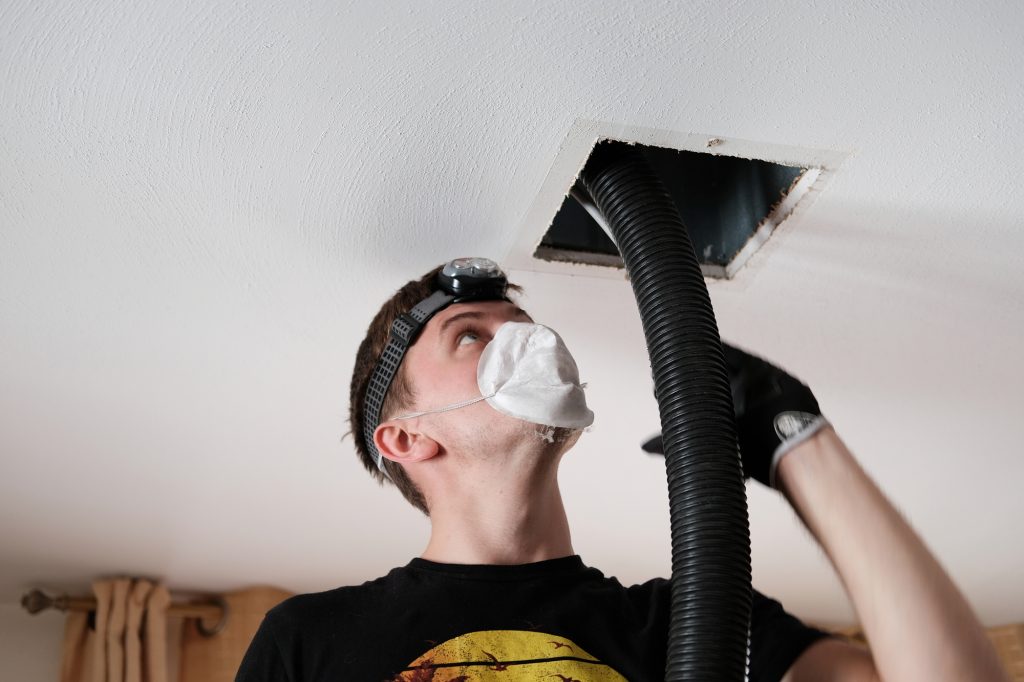
img source: vivial.net
Air ducts are of significant importance to even temperatures. They are responsible for transporting fresh air with air conditioning to any room in your home. When some parts of your home are warmer than others, look at your ducts.
A blocked can obstruct air circulation, causing hot spots in parts of your home. It doesn’t matter why, if you don’t remove enough air from the vents. Similarly, a rupture of the ducts can cause the same ineffective cooling. That may become a reason why your room is too hot.
Are your ducts isolated? Even ducts labeled “insulated” require exterior insulation wrapped around the boots. Ducts must be insulated because heat transfer can heat the ducts fairly quickly, affecting the temperature of the air passing through them. If the outside air heats the unprotected ducts, the air heats up through the exposed area. This can make the room at the receiving end of the air conditioner hotter than rooms with insulated ducts.
Another common fireplace problem is that a room is warmer than the rest of the house is leaking. When checking to see if your ducts are insulated, we also advise that you look for leaks in the joints. If you suspect a duct problem is causing heat in the rooms in your home, call a professional HVAC technician.
2. Clogged Air Filter

img source: imgix.net
It might be another reason why your room is too hot. The air filter is one of the most essential components of your air conditioning system. Without this, your system will continuously circulate dirt, dust, and other debris in your home.
But just like the air filter in your car, the air filter in your air conditioning system needs to be replaced regularly. When the air filter turns out to be too dirty, it prevents air circulation. This can cause a lack of fresh air to reach individual rooms in your home, creating uncomfortable temperature inconsistencies.
3. AC System is Too Small
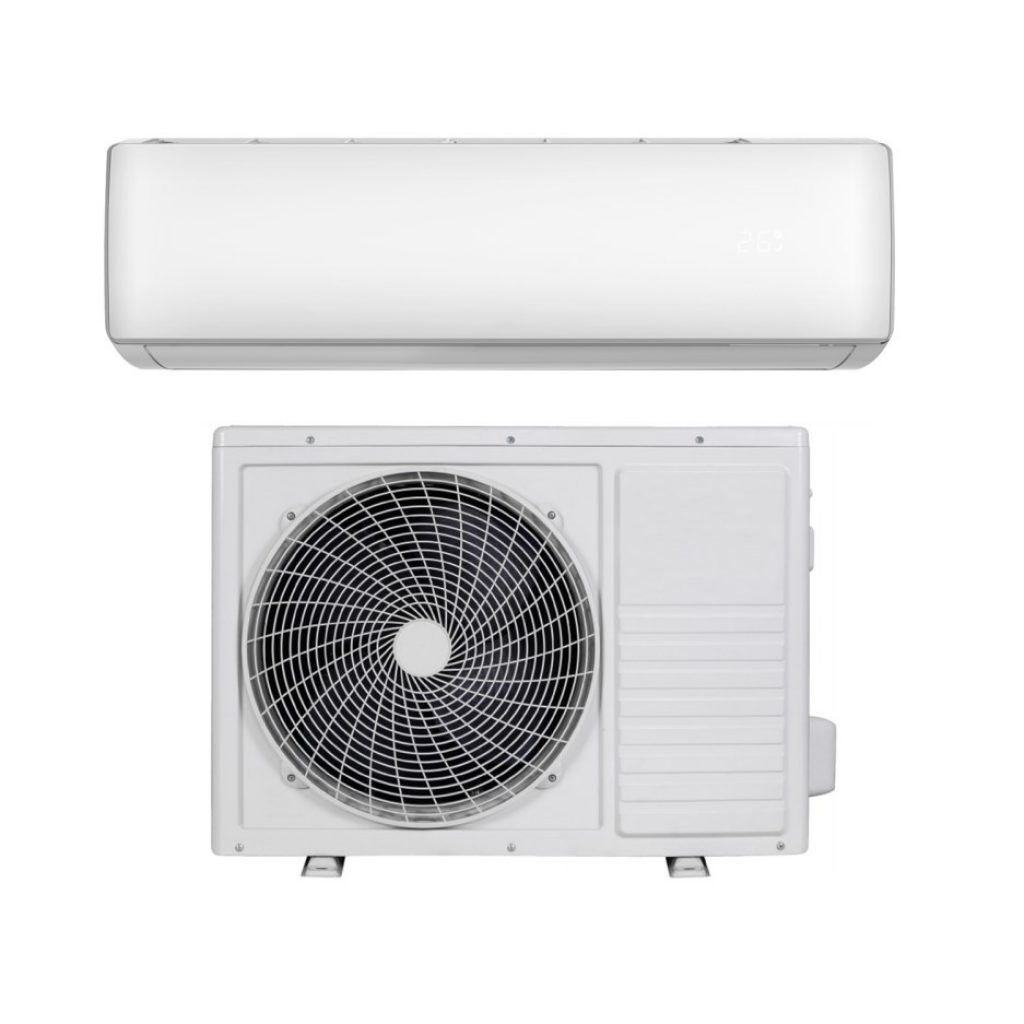
img source: serversdirect.co.uk
Air conditioners are not “one size fits all.” Many factors come into play to determine the best size for your home: the area, the number of people living in it, and the height of the roofs, to name a few. An unbalanced AC system can be a reason why your room is too hot.
If you fit an air conditioner that is too small for your home, it will not evenly cool the rooms in your home. Rooms further away from the air conditioning system will generally experience warmer temperatures. Your home will become wetter because the air conditioner does not have the ability to absorb enough moisture from the structure.
Beyond adding fans or additional wall units, the best option will be to upgrade your air conditioning system.
4. Oversized AC System

img source: gorenje.com
The bigger is not always better. If your AC system is oversized for your home, it is cooling your home too fast. Your AC system does more than just cooling your home; It also removes moisture. So when your air conditioner runs on short, fast cycles, the air in your home cools quickly but will stay humid because your air conditioner will not have enough time to remove moisture before the end of the cycle. You may notice that some rooms are more affected than others.
Managing an extensive air conditioning system can be tricky. In some cases, a dehumidifier may be all that is needed to help your home achieve the desired level of comfort. However, if you notice that your energy bills are exorbitant, it may be best to replace your system with an air conditioner that best suits the size of your home.
5. Overexposure to the Sun

img source: foreignpixel.com
In rooms with many windows, the heat from the sun can get trapped inside and create a greenhouse effect. Not only can it make individual rooms uncomfortable, but it can also increase your energy bills.
To regulate the temperature, install window treatments such as blinds, curtains, or thick curtains to block sunlight throughout the hottest hours of the day.
6. Electronics and Appliances
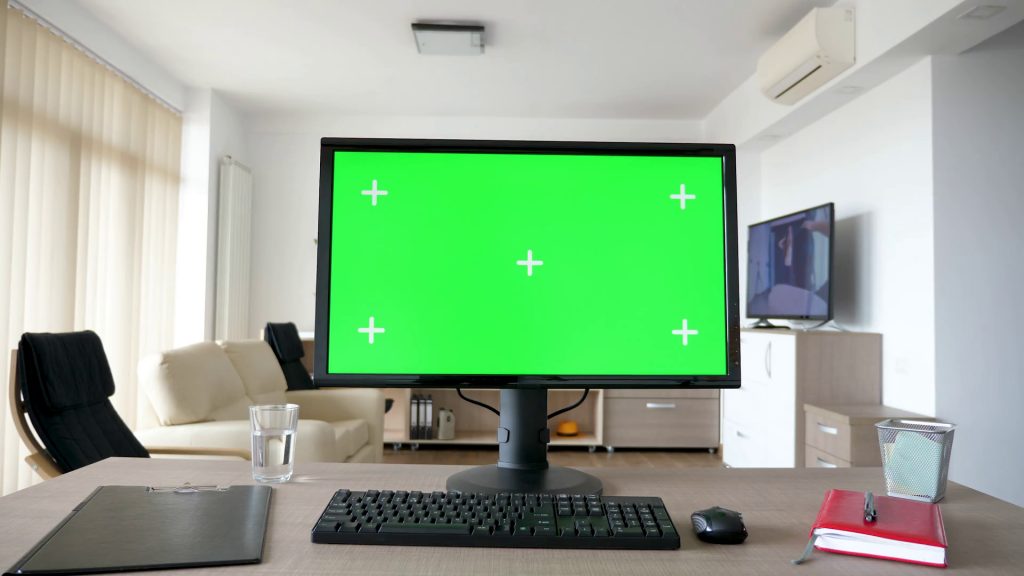
img source: blogspot.com
Computers, especially those with high-end graphics cards, generate a lot of heat. In addition to this, heat is also produced by televisions, monitors, lamps, and lights, LED clocks, and other electronic devices. One solution is to disable these items when they are not in use. For lamps and other lights, switch to LED bulbs if you haven’t already.
Your oven, stove, and other kitchen appliances can also have a big impact on your home temperature, so try to use them only when you really need them.
7. Poor Insulation
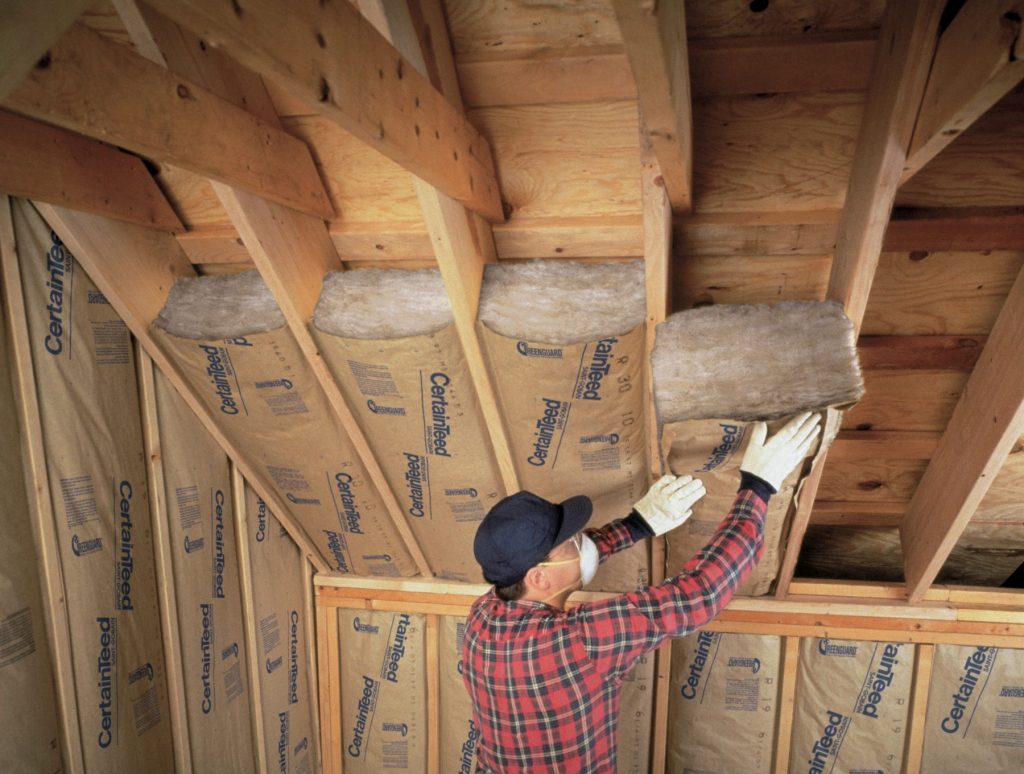
img source: medium.com
When was the last time you checked your home’s insulation? If your insulation has hardly been a flaw on your radar, it’s time to pay attention. Poor home insulation allows air to outflow through the walls. As a result, some rooms may appear warmer or colder than you prefer, while other places are perfectly comfortable.
The best way to determine if this is a problem in your home is to do a home energy audit. The advantages are many. You will have uniform temperatures inside your home. Your air conditioning will work more efficiently, and you will have lower energy bills.
There are many reasons why your room is too hot, and it can be challenging to diagnose the reason alone. Consult a licensed HVAC professional for better understanding.



